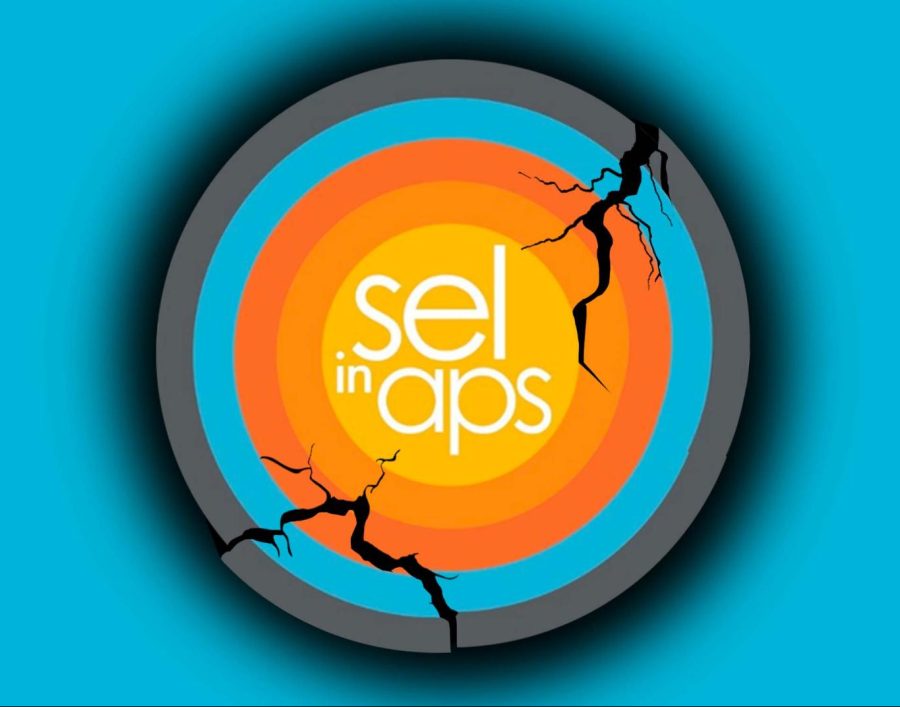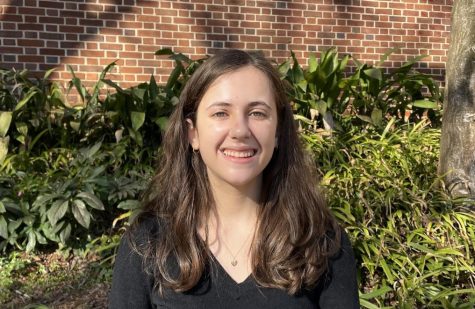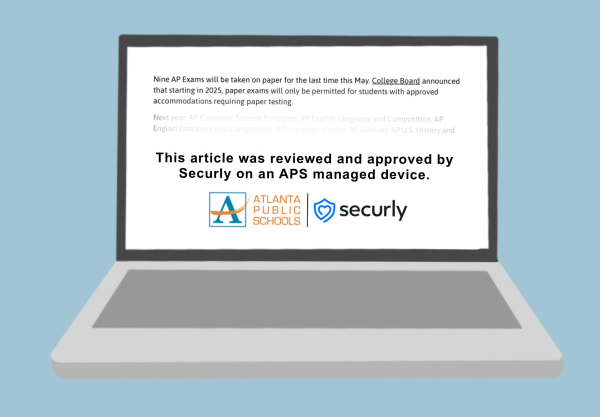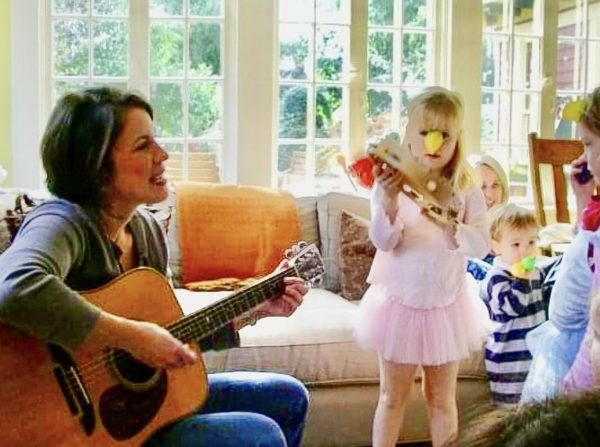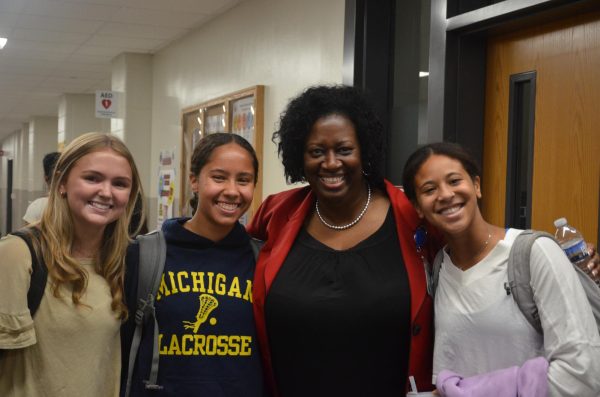Time to rethink approach to SEL
Atlanta Public Schools has a curriculum of Social Emotional Learning (SEL) that kids from kindergarten to 12th grade begrudgingly participate in. But the programs APS has put into place aren’t nearly as effective as they need to be.
November 11, 2021
There is currently a depression epidemic in the United States and the Covid-19 pandemic made it worse. A Kaiser Family Foundation study shows there was a large spike in the number of people who reported symptoms of depression in 2020 and 2021. The high numbers of depression and suicide attempts are often pushed out of the national rhetoric, but they need recognition and response from local officials. This gives school administrators who implement mental health systems more responsibility.
Atlanta Public Schools has a curriculum of Social Emotional Learning (SEL) that kids from kindergarten to 12th grade begrudgingly participate in. SEL is a program aimed at providing education on mental health issues and other skills not necessarily taught in a classroom, such as decision making, teamwork and conflict resolution.
However, many kids find that the program doesn’t accomplish what it should, expressing an almost universal sentiment uniting students against the program. While I have been lucky to get an education on mental health from my family, many people don’t have the same extra support. Instead, many learn how to cope with mental health issues through their school mental health programs, which are decidedly lackluster.
The programs APS has put into place aren’t nearly as effective as they need to be. At my most recent SEL Zoom, there were 10 teachers and 21 students, which is an abysmally small percentage of the students and staff that the meeting is supposed to serve. Unfortunately, students and teachers skipping the meeting is a common occurrence.
This attitude towards the program might be because the SEL meeting is on Zoom, which makes it harder for students to pay attention. Students are responsible for joining the zoom meetings, meaning those who aren’t interested, which is much of the school, simply don’t join. Another issue is that there are only 15 minutes allotted for SEL each day, which makes it impossible for the program to accomplish its current goals.
In past years, SEL was taught in-person by a homeroom teacher who was already familiar with their students. This is the best option because it forces students to participate in the lessons and provides a friendly, in-person and familiar outlet for this crucial mental health information. In addition, there is more commitment from the teacher to make sure students pay attention. It is undeniable that schools need strong mental health programs and support for struggling students, but SEL does not provide the support needed and should be reworked.

